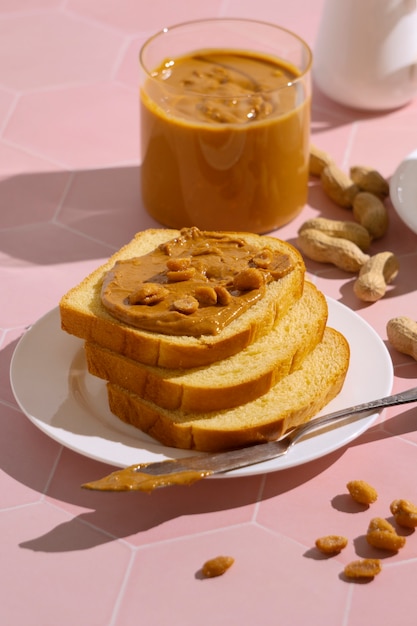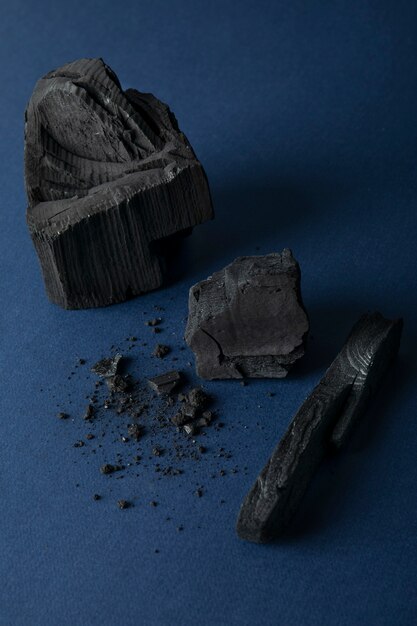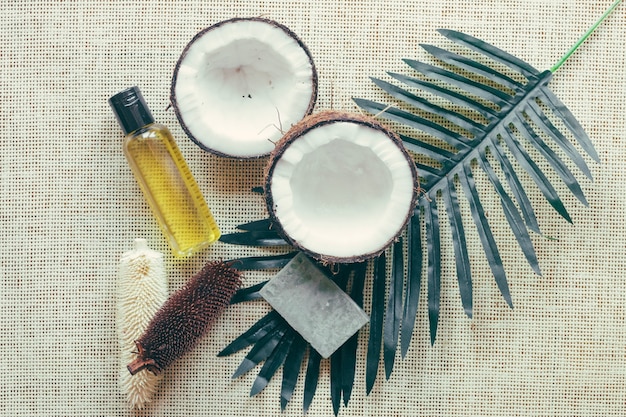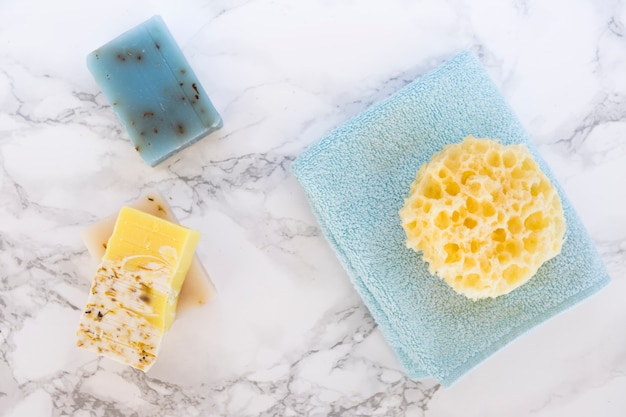
Peanut butter is a simple but versatile spread made from roasted peanuts. Whether you prefer it smooth or chunky, salted or sweetened, peanut butter is a common item found in kitchens everywhere. It can be used in a variety of ways, such as a spread, sauce, dessert ingredient, snack, or smoothie additive. There are countless recipes that use peanut butter to balance sweet and savory flavors, or you might just eat it straight from the jar with a spoon.
A half-cup serving of peanut butter is rich in protein (50% of the daily value), dietary fiber (24%), and healthy fats (78%). It’s calorie-dense but also packed with vitamins and minerals, including vitamin E, niacin, vitamin B6, manganese, magnesium, phosphorus, copper, zinc, and iron. More than half of the peanuts grown in the US are used to make peanut butter. Let’s explore the numerous health benefits of this nutty treat.
1. Rich in Antioxidants
Peanuts, like many plant foods, are full of antioxidants that support overall health. They contain resveratrol, an antioxidant also found in red grapes and wine, which is being studied for its potential to prevent and treat cancer, heart disease, and neurodegenerative diseases. Peanuts also have p-coumaric acid, which is another strong antioxidant that roasts increases. It has anti-inflammatory properties and improves gut health by aiding probiotics.
2. Reduces Risk of Major Diseases
Even though peanuts are technically legumes, eating them along with other nuts can lower the risk of death from various major diseases. A long-term study by The New England Journal of Medicine tracked the eating habits of over 118,000 people. It was found that those who regularly consumed nuts were healthier overall and had lower rates of cancer, heart disease, and respiratory disease. Consuming nuts seven or more times a week was associated with a 20% lower mortality rate.
3. Aids in Weight Loss
Despite its high-calorie content, peanut butter can help with weight loss. A review from 2003 suggested that nuts do not contribute to weight gain. For instance, in a 2002 study, when participants added 500 calories worth of nuts to their daily diets, they gained much less weight than expected. Nuts are high in fiber, protein, and healthy fats, which help keep people fuller for longer and can even increase the body’s resting calorie burn.
4. Supports Brain Health
Niacin (vitamin B3) is vital for converting food into energy and maintaining a healthy nervous system. Research on older adults found that a niacin-rich diet protects against cognitive decline and Alzheimer’s. Peanut butter is an excellent source of niacin, providing 67% of the daily value per half-cup serving.
5. Lowers Risk of Gallstones
Gallstones are hard deposits that can form in the gallbladder, sometimes causing severe pain. Research found that women who ate five ounces of nuts weekly had a lower risk of needing gallstone surgery compared to those who rarely ate nuts.
6. Has Anti-Cancer Properties
Peanuts contain beta-sitosterol, a plant sterol similar to cholesterol. Studies have shown that a diet rich in beta-sitosterol and other phytosterols can help lower the risk of cancers, including stomach, lung, breast, and prostate cancers. However, it’s important to get these compounds from natural sources like peanuts rather than fortified processed foods.
7. Reduces Risk of Type 2 Diabetes
Healthy fats, such as those found in nuts, can improve metabolic health. A 16-year study involving nearly 84,000 women showed that regular consumption of nuts was linked to a lower risk of type 2 diabetes. Eating at least five ounces of peanuts weekly provided significant protection.
How to Make Peanut Butter at Home
Making peanut butter at home is easy and yields a product that is often tastier than store-bought versions. You’ll need unsalted roasted peanuts and a food processor. Here’s how:
1. Pour 2 cups of roasted peanuts into a food processor or blender.
2. Process for about five minutes until the peanuts turn creamy.
3. For sweeter peanut butter, add 2 teaspoons of honey. For a saltier taste, add ½ teaspoon of sea salt.
4. For a creamier texture, add 1 to 2 tablespoons of peanut oil.
5. For crunchy peanut butter, pulse 1 cup of peanuts separately and mix them into the creamy batch.
6. Store your peanut butter in a glass container in the refrigerator.
Top Organic Peanut Butter Brands
If you prefer buying peanut butter, here are three recommended organic brands:
– Spread The Love: This brand contains only certified organic peanuts without added salt, sugar, or palm oil.
– Naturally More: This option includes flaxseed and probiotics, sweetened with coconut sugar, and seasoned with sea salt.
– PBfit: A peanut butter protein powder ideal for making protein shakes, smoothies, or converting to a spread with a bit of water.



